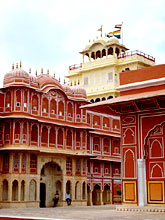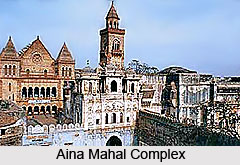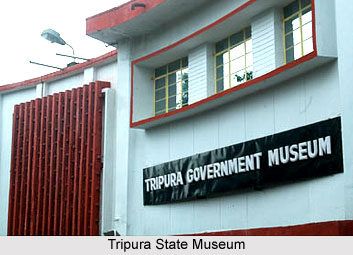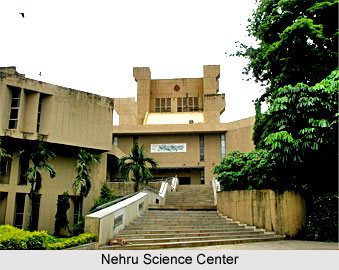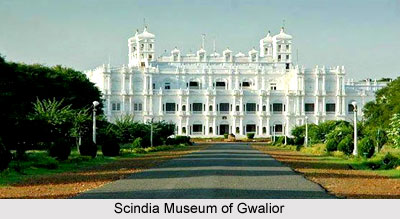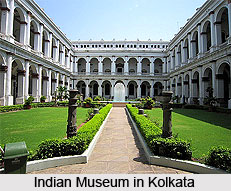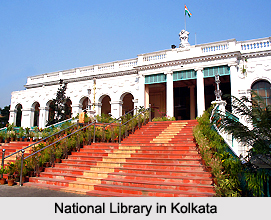 Indian libraries comprise a repertoire of books providing information and resources related to all the possible subjects like social sciences, pure scientific theories and disciplines and numerous other fields. India has a rich heritage of culture and education, which is evident from the long lasting impact of foreign imperialism and folk tradition. Libraries in India bear a proof of the orientation of Indians towards education and analytical research. Indian Libraries rightly suffice to the requirements of the people, thereby enhancing their knowledge to a great extent. Numerous libraries have been built in India to meet the demands of knowledge seekers as well as the academicians. Broadly, libraries can be categorized into four heads namely, National Library, Academic Library, Special Library and Public Library.
Indian libraries comprise a repertoire of books providing information and resources related to all the possible subjects like social sciences, pure scientific theories and disciplines and numerous other fields. India has a rich heritage of culture and education, which is evident from the long lasting impact of foreign imperialism and folk tradition. Libraries in India bear a proof of the orientation of Indians towards education and analytical research. Indian Libraries rightly suffice to the requirements of the people, thereby enhancing their knowledge to a great extent. Numerous libraries have been built in India to meet the demands of knowledge seekers as well as the academicians. Broadly, libraries can be categorized into four heads namely, National Library, Academic Library, Special Library and Public Library.
National Library
National Library in Kolkata is the biggest library of the Indian subcontinent. It is a significant organization of the entire nation. It was formed under the patronage of `Department of Culture, Ministry of Tourism and Culture, Government of India`. National Science Library in Delhi was formed in the year1964. It was established with the goal of getting access to a whole lot of significant publications on Indian science and technology, reference material or secondary sources, conferences, workshops, foreign language lexicons and books on therapeutic and scented plants. It has subscriptions to all the scientific periodicals and publications of India. It receives over 5,100 Indian and foreign periodicals and also has vast collections of foreign periodicals and journals in digital formats. It also has a huge compilation of over 1, 90,000 books. Some of the other national libraries of India are Sayaji Rao Gaekwad Library, Library of Banaras Hindu University, Khoda Baksh Oriental Library and National Medical Library.
Academic Libraries
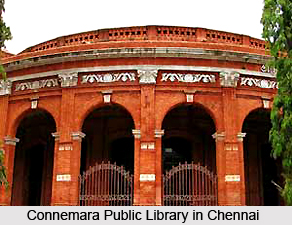 Among the academic libraries of India, A.C Joshi Library of Punjab University deserves mentioning. Dr. S. Radhakrishnan, the then Vice-President of India laid the foundation stone of the new library building in the year 1958. This library subscribes to about 600 current periodicals, especially those related to mathematics and its related subjects. Online accessibility too is also facilitated to the users of this library.
Among the academic libraries of India, A.C Joshi Library of Punjab University deserves mentioning. Dr. S. Radhakrishnan, the then Vice-President of India laid the foundation stone of the new library building in the year 1958. This library subscribes to about 600 current periodicals, especially those related to mathematics and its related subjects. Online accessibility too is also facilitated to the users of this library.
Special Libraries
Specialized libraries are formed to compensate the demands of a huge section of professionals. The central library of Indian Institute of Technology (IIT) Madras is a significant one. It is storehouse of knowledge of science subjects like engineering, IT technologies, molecular research theories etc. Keeping in track with the modern amenities like online databases, microfilms, CD-ROMs, on line databases are maintained to make the library accessible and hassle free. The aim of this renowned library of India is to provide information, bibliographical references and digital formatting rightly, which will satisfy the needs and requirements of the scholars and educationists. The library of the Institute aims to be a leading library in the fields of mathematics, statistics, economics, econometrics, operational research and statistical quality control.
Guru Gobind Singh Indraprastha University Library, Guru Jambheshwar University Library, Hindu College Library, IGNOU (Indira Gandhi National Open University) Library are acclaimed for its services and resources.
Public Libraries
Public libraries constitute an important part of the libraries of India. Goethals Indian Library and Research Center, Government Oriental Manuscripts Library (GOML), SINP (Saha Institute of Nuclear Physics) Library, etc fall under the category of public libraries. In Madras, Connemara Public Library was established on 22nd of March, 1890. Lord Connemara, the Governor of Madras of the contemporary period, founded this library to accomplish the desired requirement of a standard library.
Traditionally Indian used to gather information by getting hold of the books, articles and other publications. With the advancement in Information Technology, CDS and DVDs too help in restoring valuable data and Indian libraries allot special spaces to store them. In libraries of India, there is a collection of microfilms, capable of recording and storing myriads information like maps, prints etc. E-libraries are in vogue, thereby enabling the net-savvy people to get access via internet to the required information.




